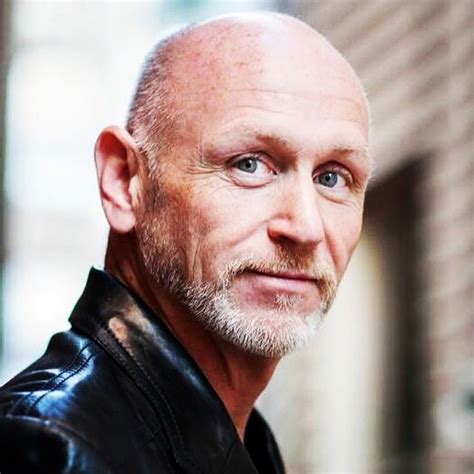A Quote by Manuel Puig
I believe in characters as vehicles of exposition. Their voices are full of hidden clues, and I like to listen to them.
Quote Topics
Related Quotes
I don't like the strictly objective viewpoint [in which all of the characters' actions are described in the third person, but we never hear what any of them are thinking.] Which is much more of a cinematic technique. Something written in third person objective is what the camera sees. Because unless you're doing a voiceover, which is tremendously clumsy, you can't hear the ideas of characters. For that, we depend on subtle clues that the directors put in and that the actors supply. I can actually write, "'Yes you can trust me,' he lied." [But it's better to get inside the characters' heads.]
The thing about great fictional characters from literature, and the reason that they're constantly turned into characters in movies, is that they completely speak to what makes people human. They're full of flaws as much as they are full of heroics. I think the reason that people love them and hate them so much is because, in some way, they always see a mirror of themselves in them, and you can always understand them on some level. Sometimes it's a terrifyingly dark mirror that's held up.
I now understand what Nelle Morton meant when she said that one of the great tasks in our time is to "hear people to speech." Behind their fearful silence, our students want to find their voices, speak their voices, have their voices heard. A good teacher is one who can listen to those voices even before they are spoken-so that someday they can speak with truth and confidence.
I think we all look for clues that we are not utterly alone... Clues we find in literature and paintings and music and even someone’s eyes; clues that demonstrate that someone else has felt the same indescribable feelings, seen the same things or passed by the spot even if it was by candlelight three hundred years ago. It means everything, like finding footprints in the sand of a deserted island.



































